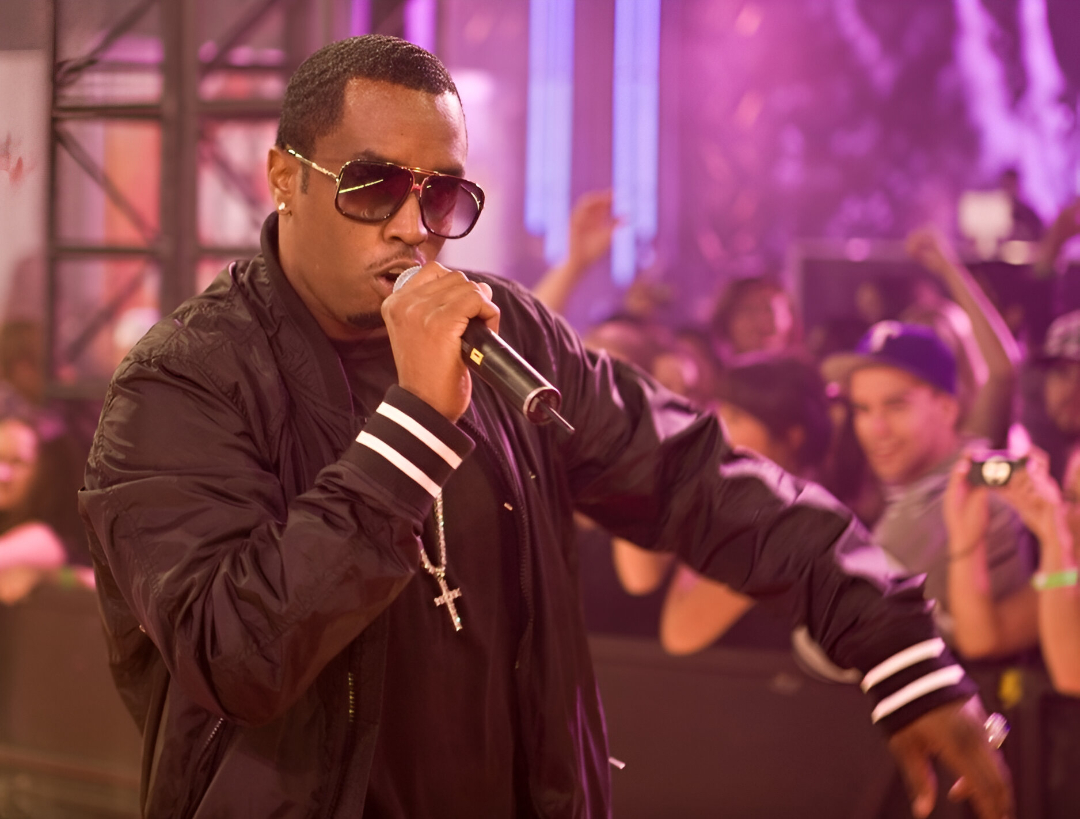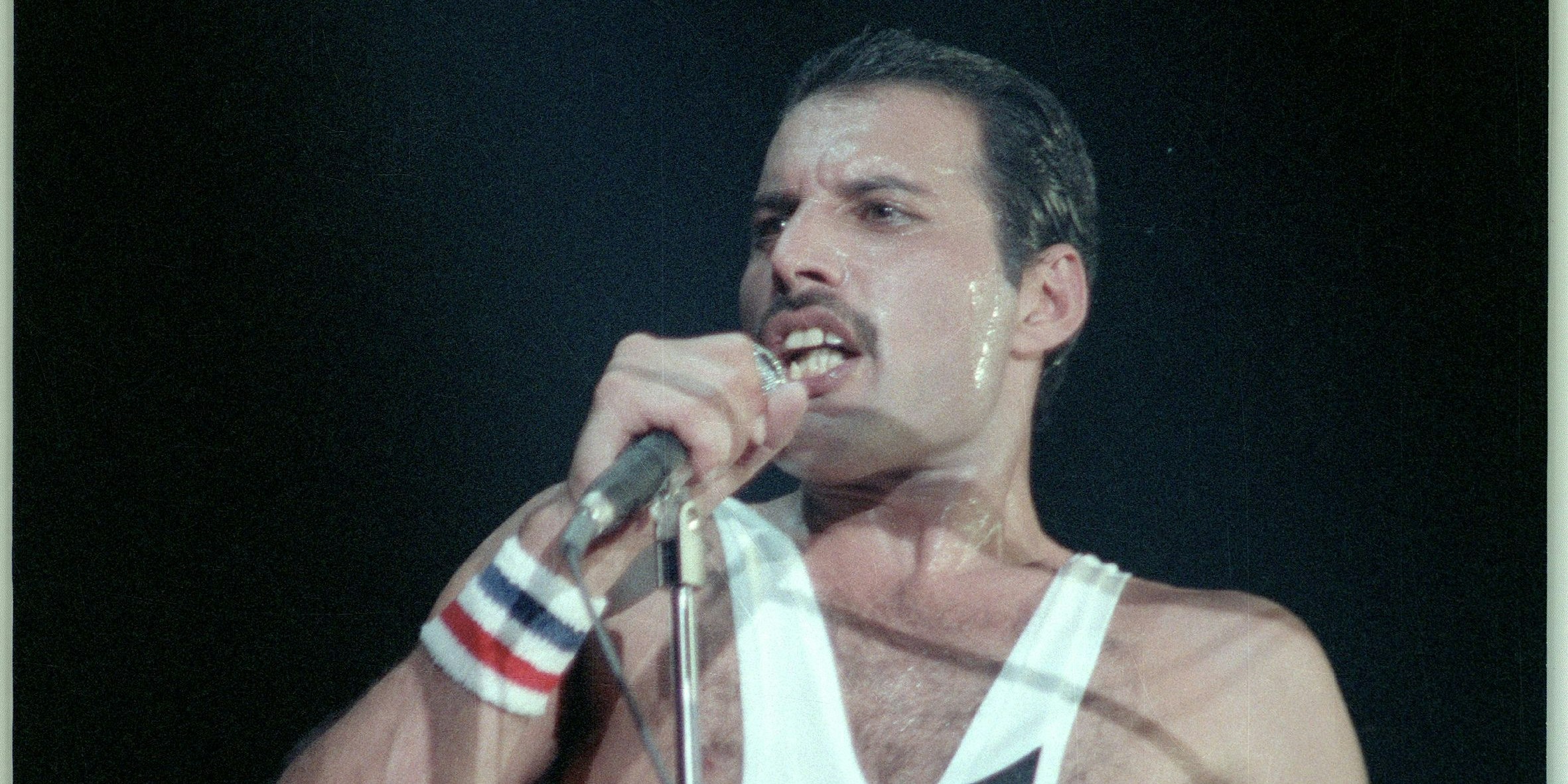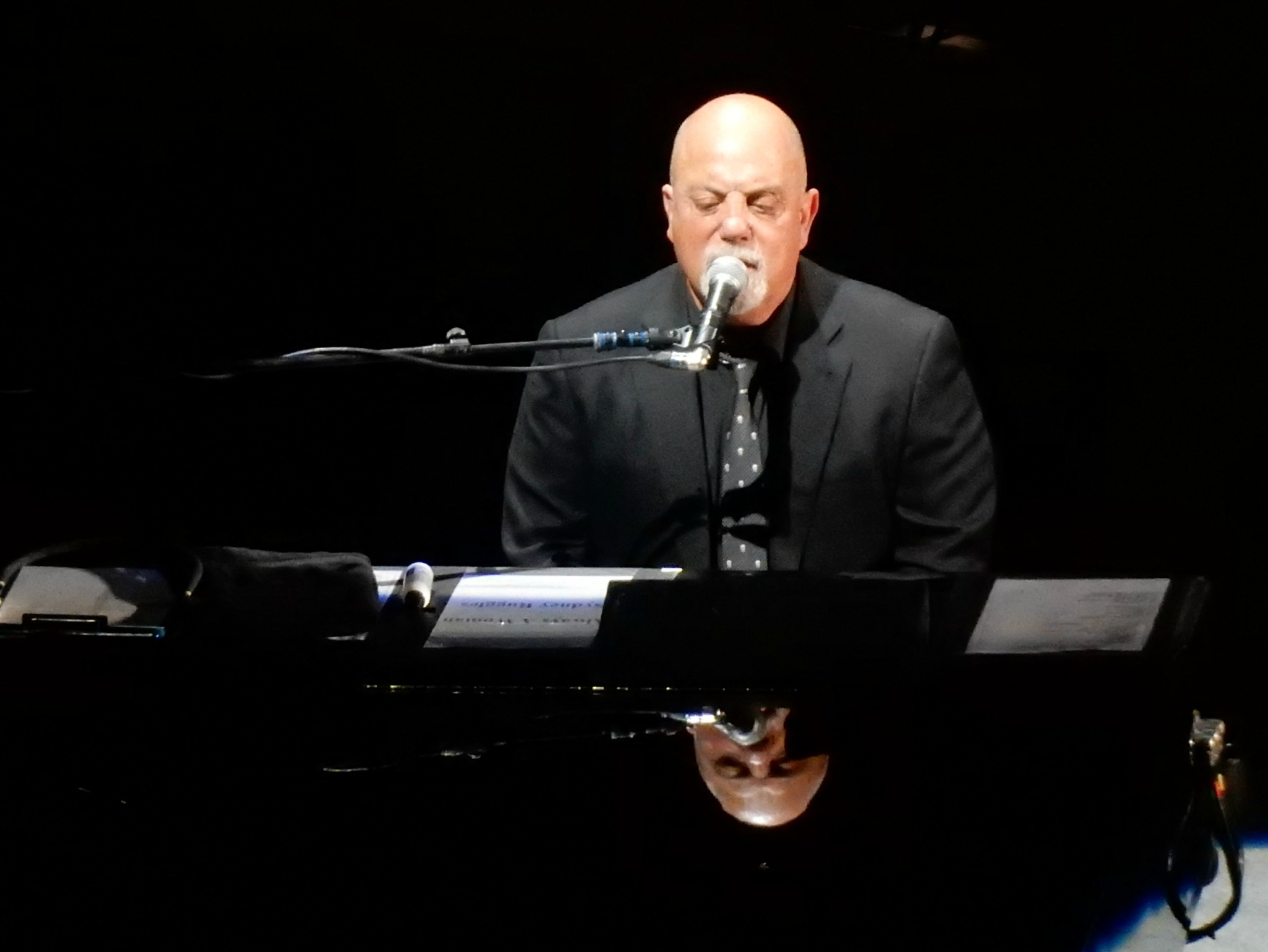The facade has finally cracked. As jury selection began Monday in Manhattan federal court, Sean “Diddy” Combs appeared wearing dark attire with visibly graying hair – the emperor’s new clothes revealing just a man, stripped of the carefully crafted mythology that once rendered him untouchable.
For decades, Combs orchestrated his image with the precision of a master producer tweaking levels in the studio – every Instagram post, every white party, every business venture a carefully placed beat in the symphony of his empire. Now that masterpiece plays in reverse, each revelation more damning than the last.
The charges against him read like notes in a distortion pedal’s instruction manual – each one designed to shred, tear, and transform. Racketeering conspiracy. Sex trafficking. Transportation to engage in prostitution. The prosecution’s case isn’t just about one man’s alleged crimes but about exposing the infrastructure that allegedly enabled them – the employees and associates who prosecutors claim helped facilitate criminal activities.
The playback reveals the truth
At the center of this twisted concert stands what prosecutors call “freak offs” – elaborate, drug-fueled sexual performances. Remember how fans once marveled at Diddy’s legendary parties? (You know, the ones celebrities would kill to attend?) Court documents describe a darker reality – where prosecutors allege women were manipulated into performing with male sex workers while Combs directed and recorded them, sometimes without consent.
The logistical details in the indictment include allegations of hotel rooms booked, travel arranged, and supplies provided for these encounters. The prosecution paints a picture of meticulous preparation behind these events that served Combs’s alleged criminal enterprise.
When that surveillance video of Combs assaulting Cassie Ventura was published by CNN, it played like a record scratch across social media, suddenly interrupting the carefully composed track of his public persona. The footage from 2016, which Judge Arun Subramanian has ruled admissible despite defense objections, shows Combs physically attacking Ventura in a hotel hallway. After its release, Combs publicly apologized for his actions while denying other allegations.
The defenders try a remix
Combs’ defense team, fronted by veteran attorney Marc Agnifilo, is attempting to reframe this narrative like a producer trying to salvage a troubled album. Their strategy: consent. What prosecutors allege as exploitation was just part of Combs’ lifestyle choices, they suggest.
“There’s a lifestyle called swingers, call it whatever you will, that he was in, that he might have thought was appropriate,” Agnifilo stated. But reimagining alleged coercion as kink is like calling a stadium collapse an “alternative concert experience.”
The industry holds its breath
The stakes transcend one man’s freedom. This trial raises deeper questions about whether the music industry will finally confront the echo chamber of exploitation it’s amplified for generations. Behind the glittering facade, countless silent gatekeepers have upheld systems where access is currency and silence ensures survival, just one more example of the powerful music industry scandals that have long stayed in the shadows.
If convicted on the sex trafficking charges alone, Combs faces a mandatory minimum of 15 years – a sentence that would silence the man who once told us “can’t nobody hold me down.” The mogul who built Bad Boy Entertainment and shaped careers from Biggie to Mary J. Blige now sits in Brooklyn’s Metropolitan Detention Center, where he’s been held since September 2024.
The trial is expected to continue for approximately eight weeks, with opening statements scheduled for May 12. Prosecutors plan to call numerous witnesses, including Cassie Ventura, who is expected to testify under her real name, and present evidence from over 120 electronic devices, turning up the volume on years of alleged abuse.
For a generation raised on Combs’ empire-building blueprint – from artist to mogul to cultural curator – this fall lands like the needle being yanked across vinyl. The man who transformed hip-hop into corporate America’s dream investment has become its cautionary tale, a reminder that empires built on exploitation eventually collapse under their toxic weight.


























